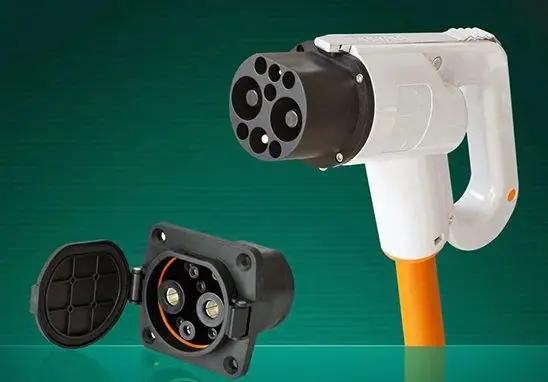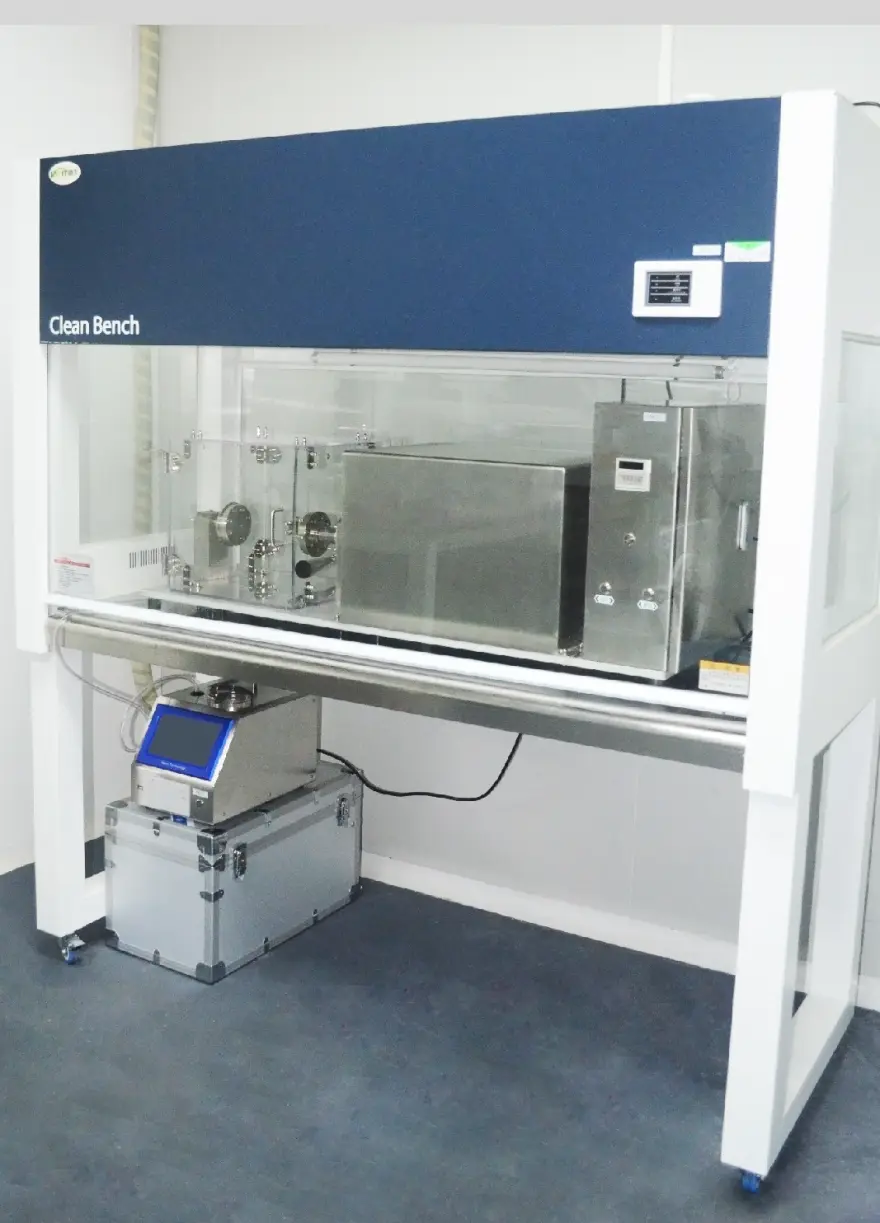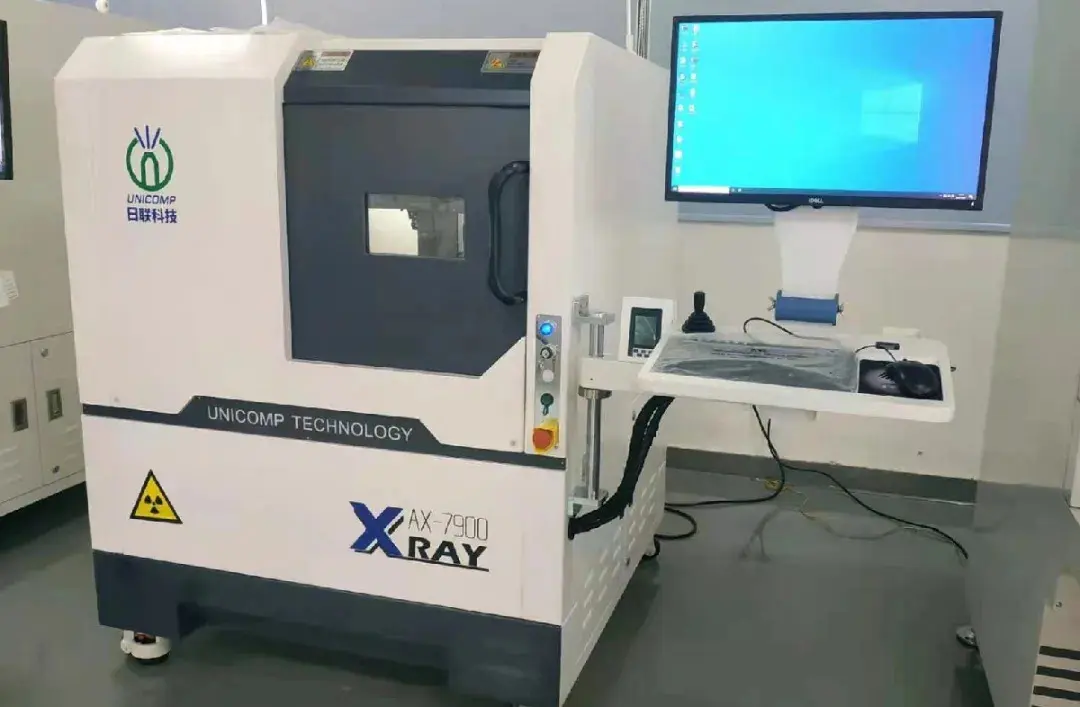
New Energy Vehicle Charging Gun Testing
With the rapid adoption of new energy vehicles, the charging gun, serving as a critical component connecting vehicles to charging stations, plays a pivotal role in ensuring safe charging. To meet the demands of everyday use, rigorous testing and certification of charging guns are essential. China’s JJR Laboratory, a professional third-party testing organization, has introduced a full suite of testing equipment, enabling comprehensive testing and certification services for charging guns in accordance with various domestic and international standards.

Core Testing Equipment for Charging Guns
- Vehicle Overrun Testing Machine
- Charging Interface Cable Flexing Tester
- Mechanical Strength Testing Equipment for Charging Guns
- Plug-and-Unplug Lifecycle Tester
- Resistive and Inductive Load Bank
- High-Power Power Supply System
Charging Gun Testing Standards
China’s JJR Laboratory conducts charging gun testing based on multiple standards to ensure compliance with all performance requirements. Common testing standards include:
- IEC 62196-1:2022: Plugs, socket-outlets, vehicle connectors, and vehicle inlets – Conductive charging of electric vehicles – Part 1: General requirements.
- IEC 61851-1:2017: Electric vehicle conductive charging system – Part 1: General requirements.
- UL 2251:2020: Plugs, receptacles, and connectors for electric vehicles.
- GB/T 20234.1-2023: Connection devices for conductive charging of electric vehicles – Part 1: General requirements.
- GB/T 20234.2-2023: Connection devices for conductive charging of electric vehicles – Part 2: AC charging interface.
- GB/T 20234.3-2023: Connection devices for conductive charging of electric vehicles – Part 3: DC charging interface.
- GB/T 18487.1-2022: Electric vehicle conductive charging system – Part 1: General requirements.
Leveraging advanced testing equipment and a professional technical team, JJR Laboratory provides comprehensive testing services for charging guns’ performance and reliability metrics in line with standards such as IEC 62196-1:2022.
Through rigorous testing, JJR ensures charging guns meet mechanical, electrical, and environmental performance standards, safeguarding the safety of electric vehicle charging. Whether during product design and development or pre-market quality verification, JJR Laboratory offers all-encompassing technical support to help enterprises enhance product quality and maintain market competitiveness.
Charging Gun Testing Categories
1. General Requirements
- Appearance and Structural Requirements: Ensures the charging gun’s appearance meets standards, has no defects, and features robust construction.
- Dimensional and Type Requirements for Charging Interfaces: Verifies that interface dimensions comply with standards to ensure compatibility with different charging equipment.
- Screws, Current-Carrying Components, and Connection Requirements: Ensures the firmness of screws and connections for safe current transmission.
- Terminal and End Requirements: Evaluates the quality of terminals and ends to ensure stable electrical connections.
- Electric Shock Protection Requirements: Tests anti-electric shock measures to ensure user safety during operation.
2. Electrical Performance
- Grounding Measures: Evaluates the grounding system to ensure safe electrical grounding.
- Breaking Capacity: Assesses the gun’s ability to break the circuit under overload conditions.
- Surface Temperature: Monitors surface temperatures during operation to prevent overheating risks.
- Temperature Monitoring Requirements: Tests the system's ability to detect and respond to temperature anomalies.
- Insulation Resistance and Dielectric Strength: Ensures electrical safety under various environmental conditions.
3. Durability Testing
- Locking Mechanism Durability: Evaluates the durability of locking mechanisms for stable performance over prolonged use.
- Normal Operation Durability (Lifespan): Simulates usage scenarios to test durability after repeated plug-and-unplug cycles.
- Contact Durability: Assesses the durability of connectors to ensure consistent contact during frequent use.
- Switch Component Durability: Tests the longevity and reliability of internal switch components.
4. Environmental Reliability
- High and Low Temperature Resistance: Simulates extreme temperature conditions to test resilience.
- Humidity Resistance: Evaluates performance under high-humidity conditions.
- Temperature Shock: Assesses stability under rapid temperature changes.
- IP Protection Rating: Tests dust and water resistance for reliability in harsh environments.
5. Mechanical Reliability
- Vehicle Overrun Test: Simulates the mechanical strength of the charging gun under vehicle pressure.
- Cable Connection Strength (Tension and Torsion Test): Evaluates connection strength under stress.
- Mechanical Strength (Pendulum Impact, Flexing, etc.): Ensures impact and bending resistance during usage.
- Vibration/Shock Testing: Simulates vibrations and shocks during transportation and use.
- Offset Operation Test: Assesses mechanical performance under improper operations.
6. Material Testing
- Aging Resistance of Rubber and Thermoplastic Materials: Tests material durability over time to ensure longevity.
- Corrosion and Rust Resistance: Assesses the outer shell’s ability to resist corrosion and rust in harsh environments.
- Heat, Flame, and Tracking Resistance: Tests material performance under extreme conditions.
- Restricted Substances Testing (ELV, ROHS, SOC, etc.): Ensures materials are free of hazardous substances and meet environmental standards.
Why Choose JJR Laboratory?
1. Brand Trust: Established in 1998, recognized by CNAS and CMA, and designated as a National SME Public Technology Service Platform.
2. Comprehensive Certifications: Recognized by multiple domestic and international organizations with widely trusted testing reports.
3. International Standards: Operates in compliance with ISO/IEC 17025 and over 10 international and domestic standards.
4. Service Excellence: Provides efficient, one-stop testing and certification services, trusted by numerous renowned domestic and international enterprises.
Email:hello@jjrlab.com
Write your message here and send it to us
 Packaging Validation ISO 11607 Test Report
Packaging Validation ISO 11607 Test Report
 What is the ISO 11607-1 Packaging Validation Test?
What is the ISO 11607-1 Packaging Validation Test?
 How to get an ISO 11737-1 Test Report?
How to get an ISO 11737-1 Test Report?
 Orthopedic Implant Cleanliness Testing
Orthopedic Implant Cleanliness Testing
 What is ISO 10993-23:2021 Irritation Testing?
What is ISO 10993-23:2021 Irritation Testing?
 ISO 10993-23 Irritation Testing Laboratory
ISO 10993-23 Irritation Testing Laboratory
 EMI Emissions Testing
EMI Emissions Testing
 EMC Standards for Medical Devices
EMC Standards for Medical Devices
Leave us a message
24-hour online customer service at any time to respond, so that you worry!




